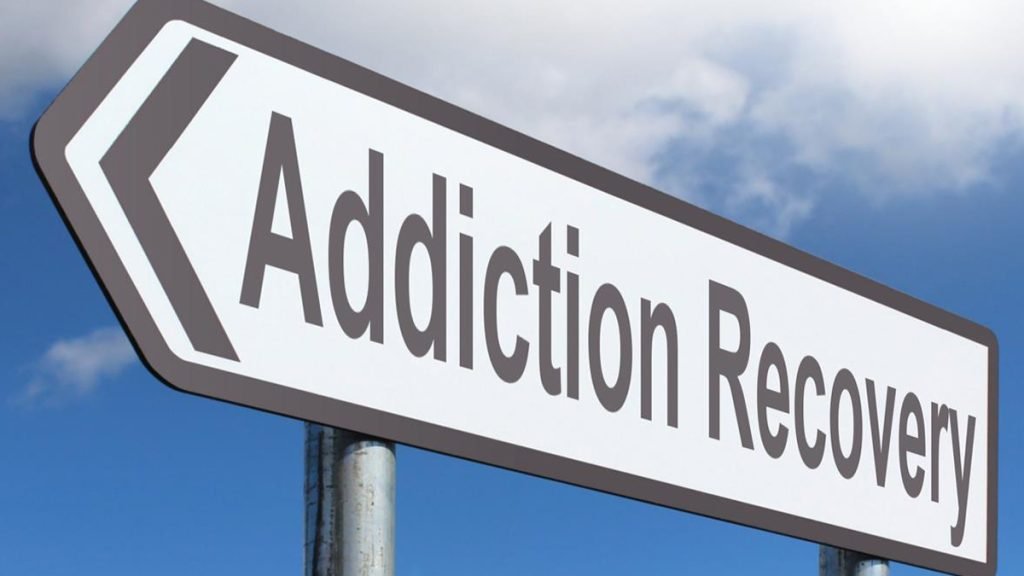How would you react if you heard someone say that they are a recovering addict? Can you imagine saying these words about yourself? Suppose! What will be the reaction of people even if you say it? The fact is beyond anyone that for a very long time the concept of drinking was considered a socially shameful act. If we still see ourselves or others as alcoholics, we assume that this is bad character, moral depravity, or weak willpower. This is one of the main reasons why Alcoholics Anonymous has one of its most important and fundamental principles of complete patient confidentiality, and this is done intentionally to protect patients from being labeled as addicts. Let no letter come on his honor and reputation and let him not be a hindrance to succeed in the future.
Dr. Joseph Nowansky is an internationally renowned clinical psychologist and author who serves as Assistant Professor of Psychiatry at the University of California, San Francisco. He has been a professor of psychology at the University of Connecticut. He is currently enjoying his independent practice in Tolland, Connecticut.
Editor: Iqra Tariq
But this principle of maintaining confidentiality has another purpose. It also hinders one’s search for self-identity, power and special social position. This drags Alcoholics Anonymous down instead of uplifting it. The facts show that if on the one hand one gives the surrender and criticism to Alcoholics Anonymous, on the other hand there are countless members who mysteriously adapt themselves to new situations. But the question still remains whether the social label of addiction once applied will always remain so severe. And what are the terms by which you can call yourself a recovering addict?
Watch Dr. Sadaqat Ali’s special program on the topic of alcoholism.
Research on Identity
Social psychologists have long been investigating how people choose to describe themselves and how this self-identity influences them to change. He follows in the footsteps of Erik Erikson, who worked on self-identity and the psychological problems that arise with aging. He also told that the personality with which we are living. This persona represents the psychological experiences we have learned in childhood, adulthood, and adolescence, molded by psychological experiences, and these influences influence how we direct our lives. Social psychologists’ research also deals with how people self-select into specific groups that seem to match their physical and mental health. For example, one study showed that people who joined a stroke group after suffering a stroke had better health than those who did not. Those who did nothing after the stroke. Such investigations gave people a platform to conduct research in this field, and other researchers soon began to examine the basis on which people could identify a recovering addict.
Differences Between Drug Addicts & Recovering Addicts
A group of researchers studied a group of women and men who joined Alcoholics Anonymous and Narcotics Anonymous groups. They further divided this group into two groups on the basis of those who considered themselves recovering addicts and those who considered themselves only addicts. These two personal identities were rated on a one- to seven-point scale. The scale is called “Who Am I?” was named and one group was named the members of Alcoholics Anonymous and the other named the addicts. On this scale, people gave the highest scores to identification with addiction recovery patients.
Watch Dr. Sadaqat Ali’s special program on the subject of alcohol in Pakistan.
The researchers again assessed the study participants on their self-efficacy. In this experiment, they were again assessed on a scale of one to seven, mostly including phrases such as I can avoid addiction. I can manage my illness. Again the result was similar in that people scored higher on their self-efficacy on the self-efficacy scale. The more a person sees himself as a recovering addict, the greater his self-efficacy. The greater number of months spent abstinent from addiction has a positive effect on self-efficacy. The more an individual considers himself a recovering addict. Within two years, his chances of going back to addiction became less and less.
So does calling yourself a recovering addict even today give a negative impression? All the evidence testifies that despite all this, every patient remains in need of recognition or recognition that will establish him in recovery from addiction. Patients who have recognized addiction recovery attend Alcoholics Anonymous meetings more regularly and responsibly than those who do not. With all this information and insight, many recovering addicts use the identity of a recovering addict when introducing themselves to others or talking to friends, but drugs and alcohol still carry a negative label. But we now know that how you identify yourself and how you feel about yourself makes a big difference between recovery and relapse.

